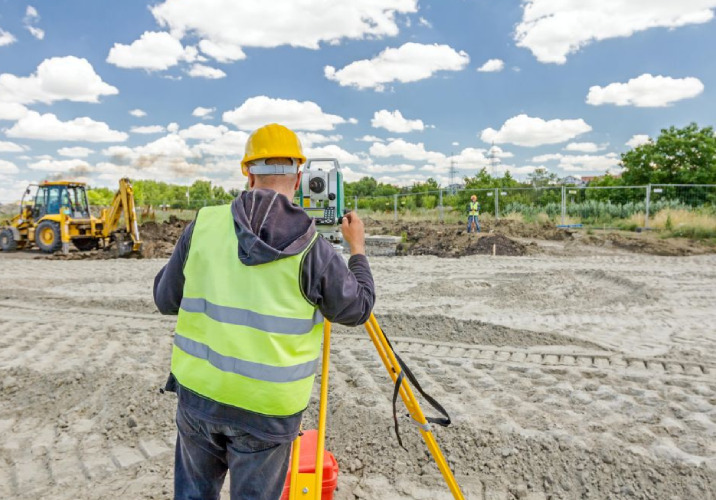
Find a local conveyancer
- Inspiration /
- Professional services /
- Legal /
- Legal requirements for...
Legal requirements for Owner-Builders
What you need to know from getting a permit to seeking council approval
If you’re looking to build your own home or at least be an active participant in the construction, you will have to go through the process of obtaining an Owner-Builder permit. This also means that you’ll have to follow a ton of different legal requirements, many of which change depending on what state and territory you live in. Sound complicated? Don’t worry, we’re here to figure it out for you with this guide to owner-builder legal requirements.
What do you need to know about Owner-Builder legal requirements?
Why is this so important? Well, first, you’ll have to consider what could happen if there weren’t any legal responsibilities for the construction. The possibilities are scary. If you employ an unskilled builder, they could build a poorly-made house on a lousy foundation that could weaken or collapse over time. An unscrupulous owner-builder could employ subcontractors or labourers in a dangerous working environment, potentially causing a lot of physical harm. So, you’ll have to work with legal requirements that ensure that the environment is safe, the owner-builder practices safe building practices and that the owner-builder is properly insured.
Requirements before and during construction
So, what are the legal requirements before and during construction? First, you’ll have to have detailed plans drawn up by a professional. Those plans then need to be submitted, along with any required governmental forms (like a Bushfire Assessment, a Statement of Environmental Effects or a Building Sustainability Index) to make for a Development Application, or a DA. Make sure you have everything you need before you submit the DA – any missing document can make for a legal nightmare. Once that is approved, you’ll have to apply for an owner-builder permit. You’ll need to be 18 or older and the owner of the property, and you’ll have to confirm that you’ll be living in that home. There will be a fee for the application, and you might have to provide legal proof that you actually can work on the property or take an owner-builder course. Following that, you’ll need a Development Consent or Complying Development Certificate, and you’ll have to schedule appointments with inspectors to check out the building. Don’t forget, all of the legal responsibility during construction is on you. You have to make sure you use only licensed tradespersons and get all the right contracts drawn up, and you’ll have to have all of the right insurances.

Requirements after construction
Another thing to consider – there are plenty of legal requirements you’ll have to deal with after construction is done. You may have to take out Statutory insurance or a Statutory Warranty, and you’ll need to get council approval before you actually move in.
Does your project need council approval?
You may think that a project is so minute that it doesn’t need council approval; however, most projects do require you to gain approval. Some projects that need approval that you may not be aware of are as follows:
- If you plan to build decking that stands 60cm or more above the ground, you should seek approval.
- As a significant building structure, a covered patio may need council approval.
- A carport might need approval if the floor area is greater than 20 square meters. This is the case if you live in the suburbs or in an urban area.
- If you plan to build a shed and use it as a house, you need to seek approval first.
- You may be curious what deems it necessary for a project to require council approval. This is based on various factors such as:
- Does the structure change the appearance of your home?
- Will the structure possibly cause damage to the environment or cause soil erosion?
- How safe is the structure?
- How hygienic is the building?
- How does my project affect neighbouring properties?
Contact local builders
These reasons are the main ones that determine depict whether building regulations are established. A council determines the regulations by factoring in what makes for safe construction. This means that even if the deck you plan to build is only 60cm in height, it may still present itself as a threat if it’s not constructed properly or if there is a lack of sturdy fencing around it.
There are instances where the prospective building project may be excused from the process of filling out a development application, also called a DA application. On the contrary, there are other instances where you must fill out an application for a home extension or a new home, but you may be eligible for the “fast track” building application approval. Since inquiring with the council doesn’t cost you, don’t hesitate to ask about council approval for your project. The fee for getting council approval for your building project is typically reasonable and directly relates to the scale of the project and also the cost of it. To avoid problems, you should always consult with your local council prior to beginning a project.
How much will your job cost?
The Oneflare Cost Guide Centre is your one-stop shop to help you set your budget; from smaller tasks to larger projects.



